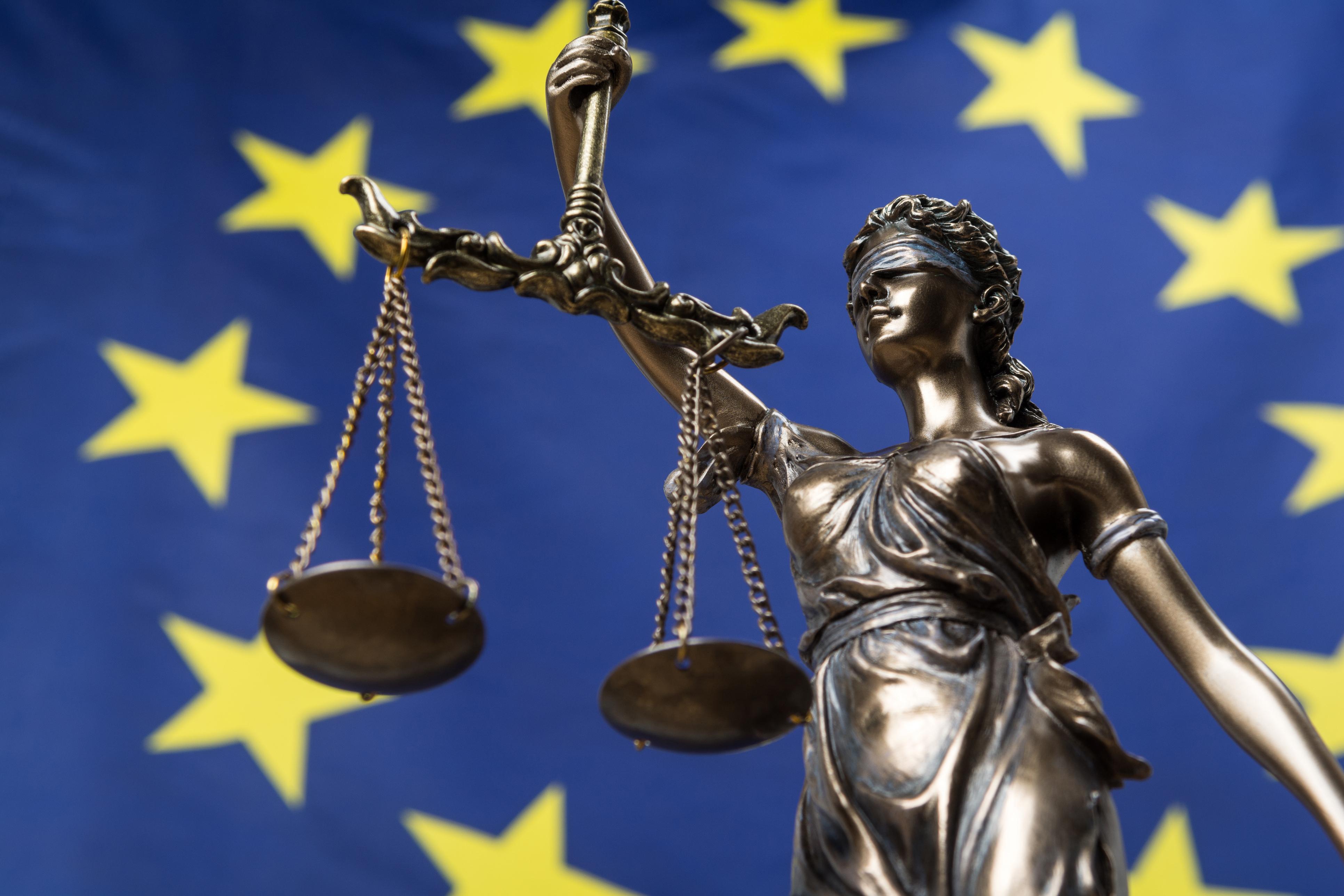Haku
Haulla "transaktion für ein LINE konto (acc6.top)" löytyi 12 tulosta.
Hakutulokset
The EU’s future is being outlined now
Blog
25 years in Brussels defending wage-earners
News
Workplace accidents that led to death increased last year in Finland
News
The voice of Finnish employees in Brussels from the beginning of EU membership
The Finnish trade union representation has been based in Brussels since 1995. FinUnions celebrated its anniversary in 2020, when it was 25 years since the office was founded. But the EU integration of employees began much earlier.
25 years in Brussels defending wage-earners
You can read FinUnions’ history book written by Seppo Tamminen, a Finnish reasearcher, in Finnish online. We also have the pleasure of publishing a summary in English prepared by Kari Tapiola, former Deputy Director-General of the ILO, who as International Affairs Director of SAK participated in the process from 1988 to 1996. The summary is found in English here.
FinUnions’ directors tell all
In the following blos, FinUnions’ previous directors talk about their time in charge of the office.
Heikki Pohja: Suomen ay-liikkeen eurooppalaisen edunvalvonnan alkutaipaleelta
Ari Åberg: Tiivistyvän edunvalvonnan aikaa 2007–2010
Risto Kousa: Talouskurimuksesta kohti talouskuria
Pekka Ristelä: Sosiaalisen Euroopan käännettä todistamassa
A long tradition of EU cooperation
EU co-operation between wage earners began in the early 1990s, when Finland began negotiations on EU membership. At that time, central organizations of trade unions and several trade unions were already themselves involved in European labour organizations.
The Central Organisation of Finnish Trade Unions SAK had been a member of the European Trade Union Confederation (ETUC) since the 1970s. STTK joined the ETUC in the early 1990s.
At the time, two important guidelines were drawn up in the central organizations: First, it was found that EU lobbying required close cooperation from all organizations. Secondly, it was decided to support Finland’s goal to seek EU membership. In order to promote these two main objectives, a joint EU lobbying office was set up. It initially operated in Finland for a few years, until the unit moved to Brussels in 1995 under the wings of an EU membership.
Freedom and responsibility after the reform of the EU’s economic governance
Blog
MEP Marianne Vind: “On this day my thoughts are with the Ukrainian women.”
News
Eradication of fatal accidents is achievable
News
This is FinUnions’ Privacy and Data Protection Statement in accordance with the EU General Data Protection Regulation (GDPR). Completed on 1.1.2021. Last modification 16.11.2022.
1. Data Controller
FinUnions, Boulevard du Roi II, 5, 1210 Bryssel
Email: finunions.org@gmail.com
2. Contact person responsible for the register
Marie Sandberg-Chibani, marie.sandberg-chibani@finunions.org, tel +32 492 08 01 39.
3. Name of the register
FinUnions contact information register, marketing and stakeholder register (for events), online service user register, newsletter member register.
4. Legal basis and purpose of personal data processing
The legal basis for processing personal data under the EU General Data Protection Regulation is
– the consent of the individual (documented, freely given, specific, informed and unambiguous)
– a contract to which the data subject is a party
– the law
– the performance of a public task (based on what), or
– a legitimate interest of the controller (e.g. pre-contractual customer relationship, employment relationship, order).
The purpose of processing personal data is to communicate with customers, maintain customer relations, marketing.
The data will not be used for automated decision-making or profiling.
5. Data content of the register
The data to be recorded in the register are: person’s name, title, company/organisation, contact information (phone number, email address, address), website addresses, social media accounts/profiles, information about ordered services and changes, billing information, other information related to the customer relationship and services.
The data will only be kept for as long as necessary for the purpose for which it was collected. The IP addresses of visitors to the website and cookies necessary for the functioning of the service are processed for legitimate interests, such as ensuring data security and collecting statistical data on visitors to the site in cases where they can be considered as personal data. Third-party cookies will be subject to separate consent where necessary.
6. Regular sources of information
The information stored in the register is obtained from the customer through, for example, messages sent via web forms, email, telephone, social media services, contracts, customer meetings and other situations where the customer discloses their information.
Information on contact persons of businesses and other organisations may also be collected from public sources such as websites, directory services and other businesses.
7. Regular disclosures and transfers of data outside the EU or the EEA
The information is not regularly disclosed to other parties. Information may be published to the extent agreed with the customer.
Data may also be transferred outside the EU or EEA by the controller. Data will not be transferred to the United States without the express consent of the data subjects.
8. Principles of register protection
The register is processed with due care and the data processed by the information systems are adequately protected. When register data is stored on Internet servers, the physical and digital security of their hardware is adequately ensured. The registrar shall ensure that stored data, server access rights and other information critical to the security of personal data are treated confidentially and only by employees whose job description includes this.
9. Right of inspection and right to request correction of information
Every person in the register has the right to check the information stored in the register and to request the correction of any inaccurate information or the completion of incomplete information. If a person wishes to check or request rectification of the data stored about him or her, the request must be sent in writing by e-mail to the data controller. If necessary, the controller may ask the applicant to prove his or her identity. The controller will respond to the customer within the time limit set by the EU General Data Protection Regulation (usually within one month).
10. Other rights related to the processing of personal data
A person in the register has the right to request the erasure of personal data concerning him or her from the register (“right to be forgotten”). Data subjects also have other rights under the EU General Data Protection Regulation, such as the restriction of processing of personal data in certain situations. Requests should be sent in writing by email to the controller. If necessary, the controller may ask the applicant to prove his or her identity. The controller will respond to the customer within the time limit set by the EU General Data Protection Regulation (usually within one month).
Time to eradicate energy poverty!
News
The far right and populism pose a threat to democracy
News
